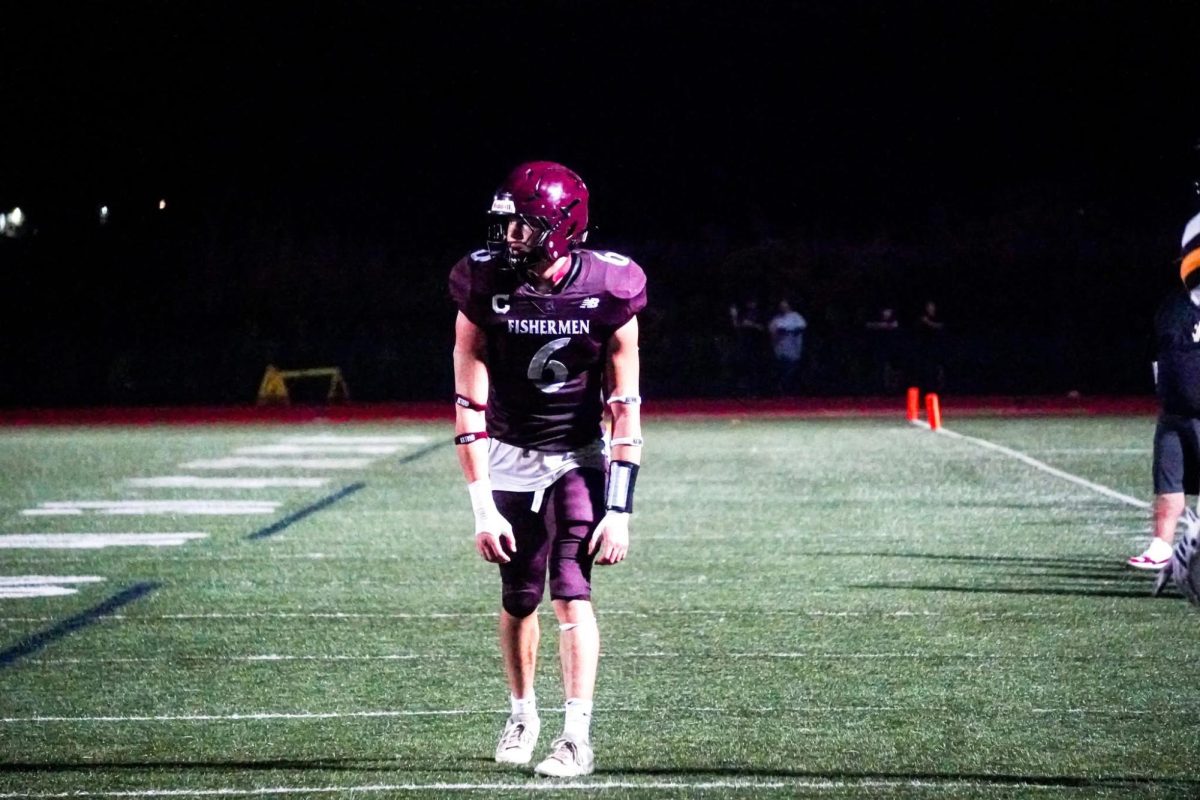The ball flies past my head and into the net behind me. A deep and painful rock settles in my throat and sinks down into my stomach. I think, “It’s all my fault,” and the words never leave me. The rock becomes more invasive when I look to the ground and place my hands on my knees for support. My head hangs low, and my breaths shorten. My vision goes blurry, and the world seems to be sinking in on me. I can’t breathe. A panic attack sets in, and tears fall hopelessly down my cheeks. No one understands the pressure and anxiety that is causing my body to shake uncontrollably and my breathing to halt.
Like me, many student-athletes have the same rock, the same weight, and the same pressure that prevents them from performing to the best of their abilities.
According to The National Library of Medicine, “Anxiety and depression have been steadily increasing among high school athletes for the last 10-15 years. [and] about 91% of high school athletes experienced some level of stress due to their sport, with 58% reporting a moderate to an extreme amount of stress.”
In a recent survey, 77.5% of Gloucester High School athletes surveyed said they experienced “sports related stress and/or anxiety” that affects their mental health. In the same survey, 91.6% reported that sports “helped” their mental health. These results indicate student athletes accept the notion that sports should encourage mental health stability, even if they experience stress and anxiety themselves.
“While juggling academics, home life, work, and athletics, it becomes a lot of pressure on athletes,” GHS athletic director Bryan Lafata said.
Even some experienced athletes’ report feeling depressed after a hard game, match, or event.
“When I am feeling down, I can not run, or practice well,” senior and multi-sport athlete Jeferson do Carmo said. “When others are struggling, I try to ask them what they are going through and sit with them.”
GHS track coach David Coleman is passionate about advocacy for mental health in sports.
“The ability to perform in sports at a high level requires a level of confidence that can rise and fall depending upon how you feel about yourself,” Coleman said. “Some warning signs that an athlete may be struggling are lack of commitment level and effort, especially at practice.”
Freshman Brooke Woods is on the gymnastics team and understands the pressure.
“In gymnastics, I was very nervous before all of my meets, and lost some of my skills,” Woods said. “Talking to my friends helps because they know what it’s like because it happens to them too.”
To help student athletes with mental health, GHS will adopt Morgan’s Message, an initiative that depends on student leaders and ambassadors to spread awareness of mental health in sports. The non-profit organization was created, after a lacrosse player from Duke University died by suicide in 2019 after a tragic accident left her unable to play her sport and struggling with mental health issues.
“A lot of the [GHS] ambassadors are athletes,” senior Mental Health Ambassador Velia Wrinn said. “If you don’t want to talk to an adult for any reason, the ambassadors are ready to talk and can relate to you. Morgan’s message is a very important message – especially for athletes – to remember that it’s important to commit to something and work hard for it, but also always be there for yourself.”
The mental health ambassadors are there to help students receive personalized encouragement that supports their journey as they navigate every emotion that is connected to their beloved sport.
Athletes who want to connect with Mental Health Ambassadors can talk to any students with a green bandana tied to their backpack, or contact GHS health teacher Rosa Goulart in room 1401.
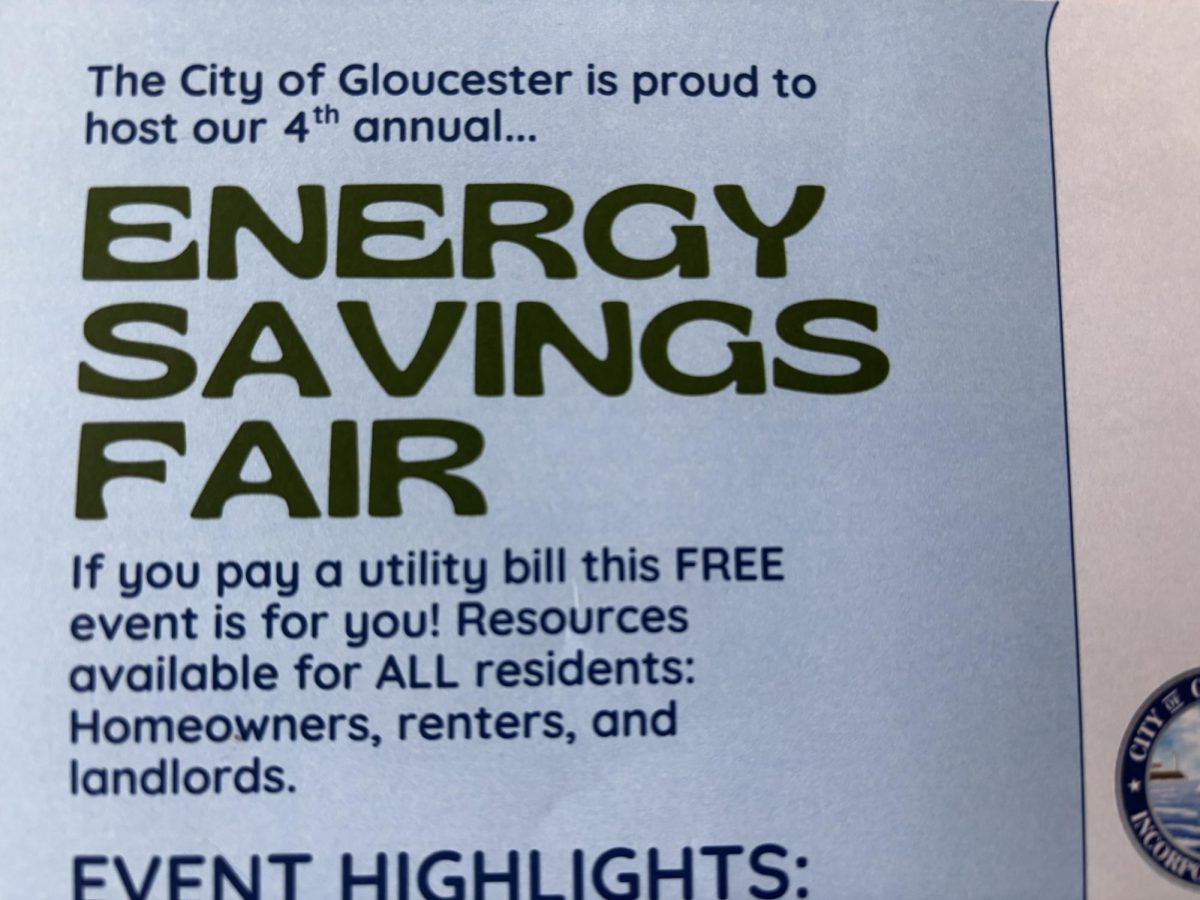
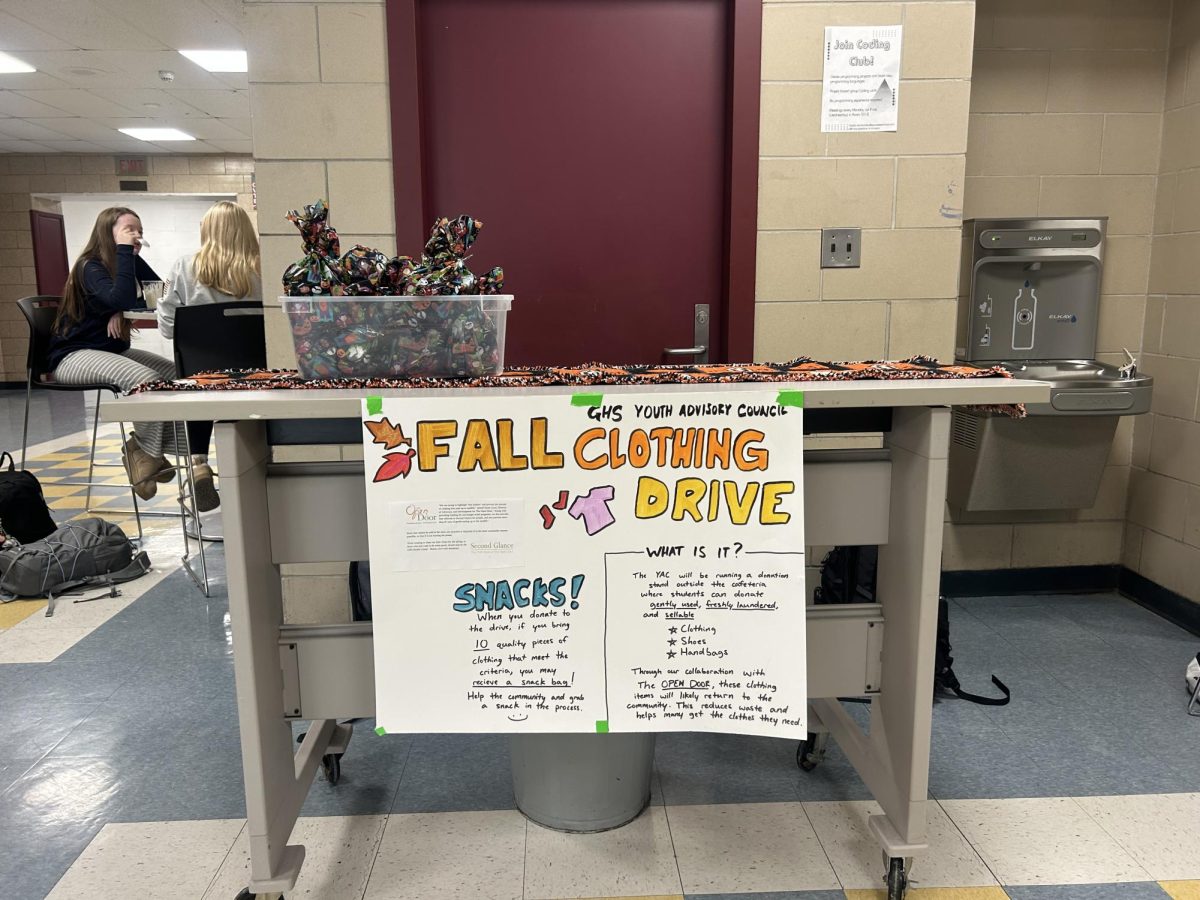








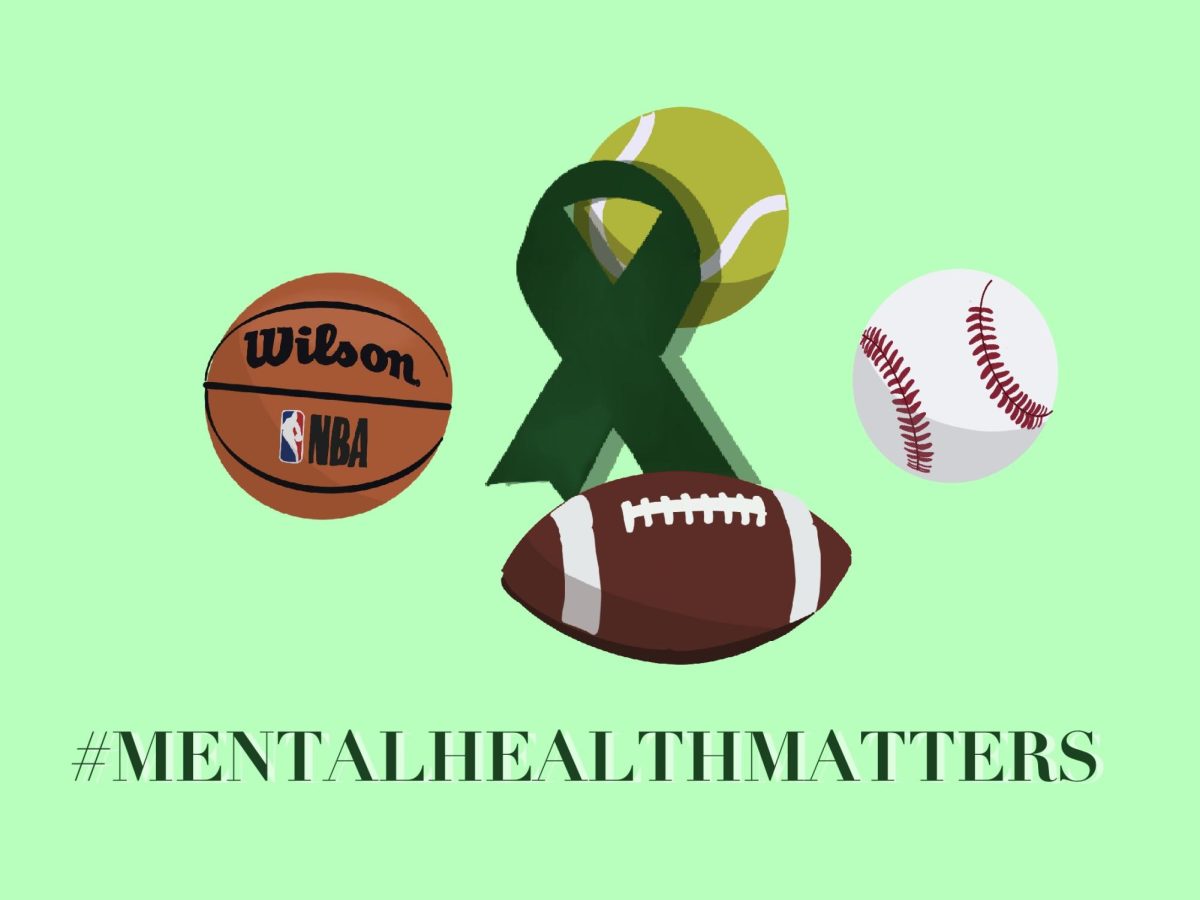
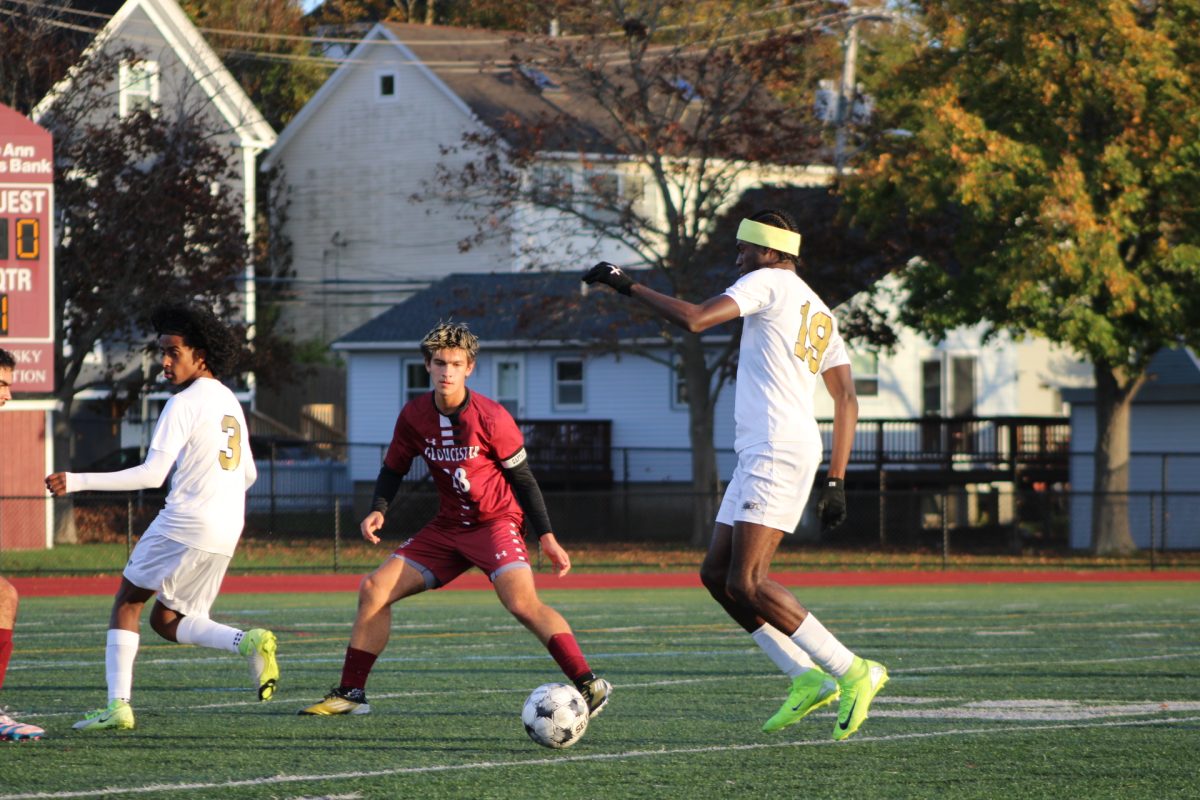
![The Volleyball team poses after their win. [Photo courtesy of GHS Volleyball]](https://thegillnetter.com/wp-content/uploads/2025/10/IMG_6936.jpg)
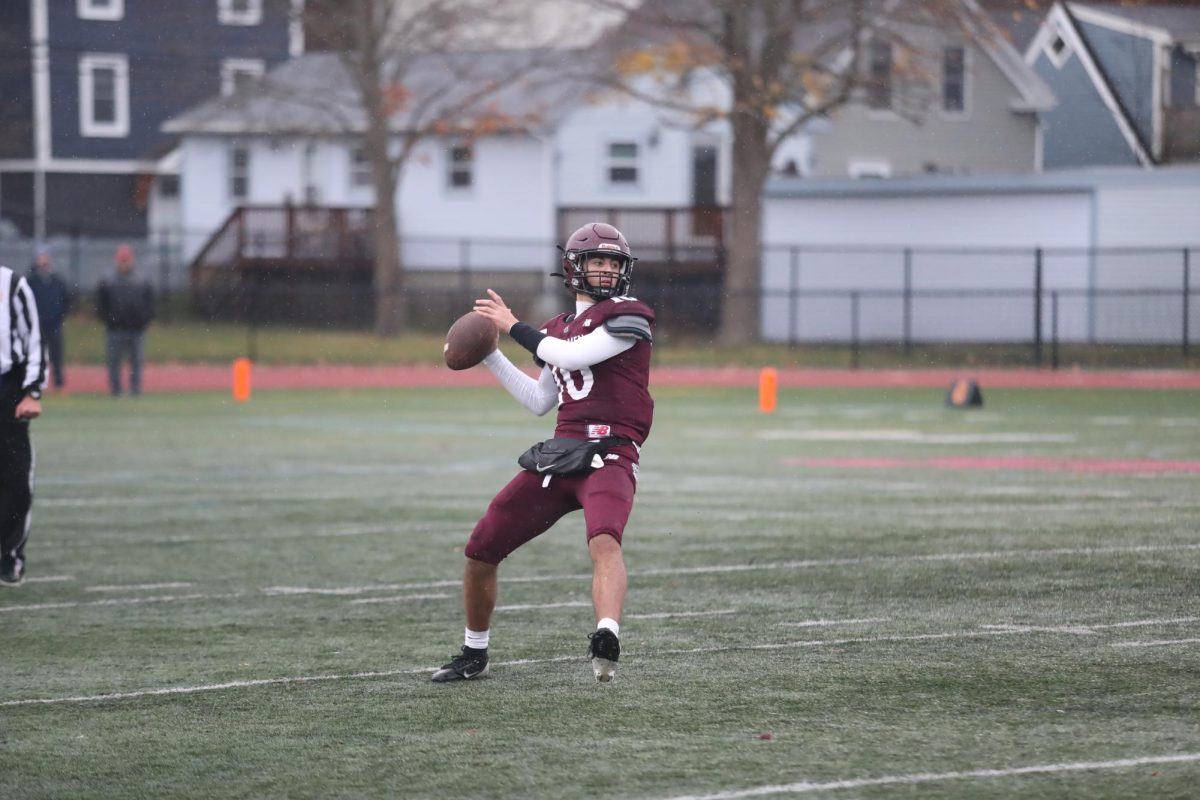

















![The GHS/MERHS senior cross country runners pose together on Senior Night. [Photo courtesy of Manchester-Essex Athletics]](https://thegillnetter.com/wp-content/uploads/2025/10/Screenshot-2025-10-10-at-11.18.29-AM.png)
